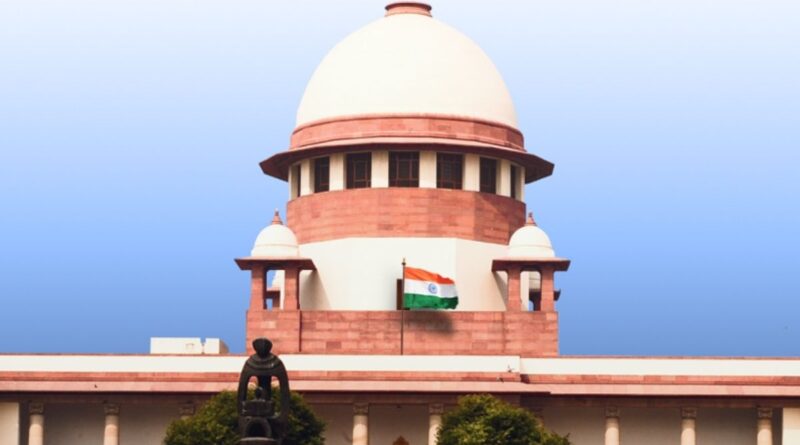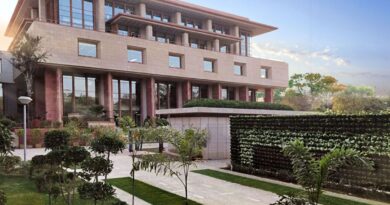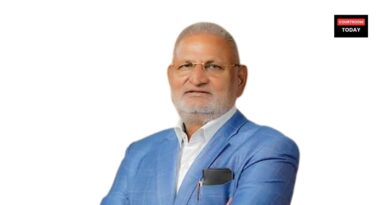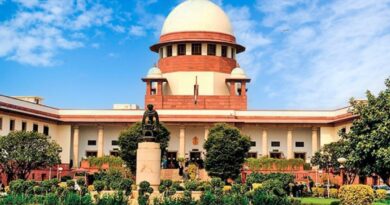Supreme Court Questions Why Firecracker Ban Applies Only to Delhi-NCR, Seeks Pan-India Policy
The Supreme Court on Friday raised a crucial question — why should the blanket ban on firecrackers apply only to Delhi and the National Capital Region (NCR) and not across India [MC Mehta v. Union of India].
A bench of Chief Justice of India BR Gavai and Justice K Vinod Chandran said that clean air is a right for all citizens, not just for people in Delhi. The judges observed that restricting pollution-free air to the capital region would be unfair to people in other parts of the country who also face severe air pollution.
CJI Gavai remarked, “If citizens in NCR are entitled to clean air, then why not others? I was in Amritsar last winter and the pollution was worse than Delhi. We cannot have special treatment for Delhi just because it is the capital. If firecrackers are to be banned, then let them be banned throughout the country.”
The Court was hearing pleas filed by fireworks traders against the complete year-round ban on manufacture, sale and use of firecrackers in NCR. Senior Advocate DS Naidu reminded that the Court had earlier directed manufacturers to show safer methods of production before seeking relief. Senior Advocate K Parameshwar added that nearly five lakh families depend on the industry, and a complete prohibition has put their livelihood at stake.
Amicus Curiae Aparajita Singh clarified that the current ban is NCR-specific. She also pointed out that many elites leave Delhi during peak pollution, to which CJI Gavai responded that poor air quality is a nationwide problem, not an NCR-centric one.
Additional Solicitor General Aishwarya Bhati informed the Court that the National Environmental Engineering Research Institute (NEERI) is examining the feasibility of green crackers. Manufacturers, she said, are cooperating with NEERI to develop safer formulations, though the blanket ban has already resulted in cancellation of some licenses.
The Court has now directed authorities to maintain status quo regarding existing licenses and sought a report from the Commission for Air Quality Management (CAQM). The matter will be heard next on September 22.





